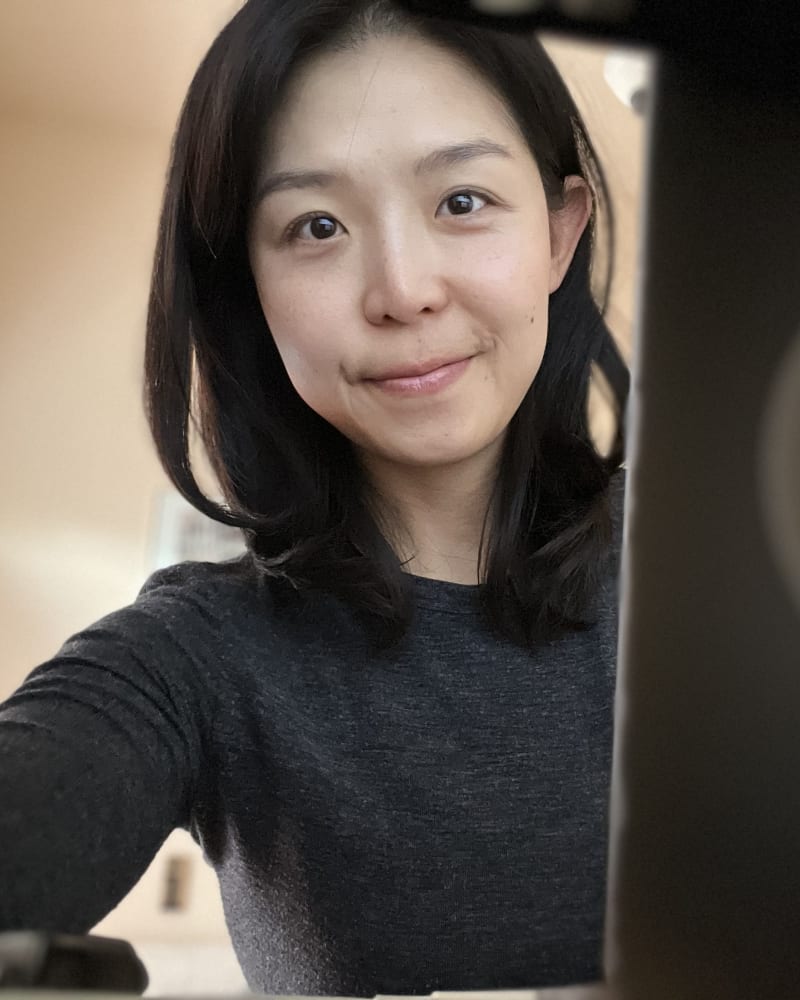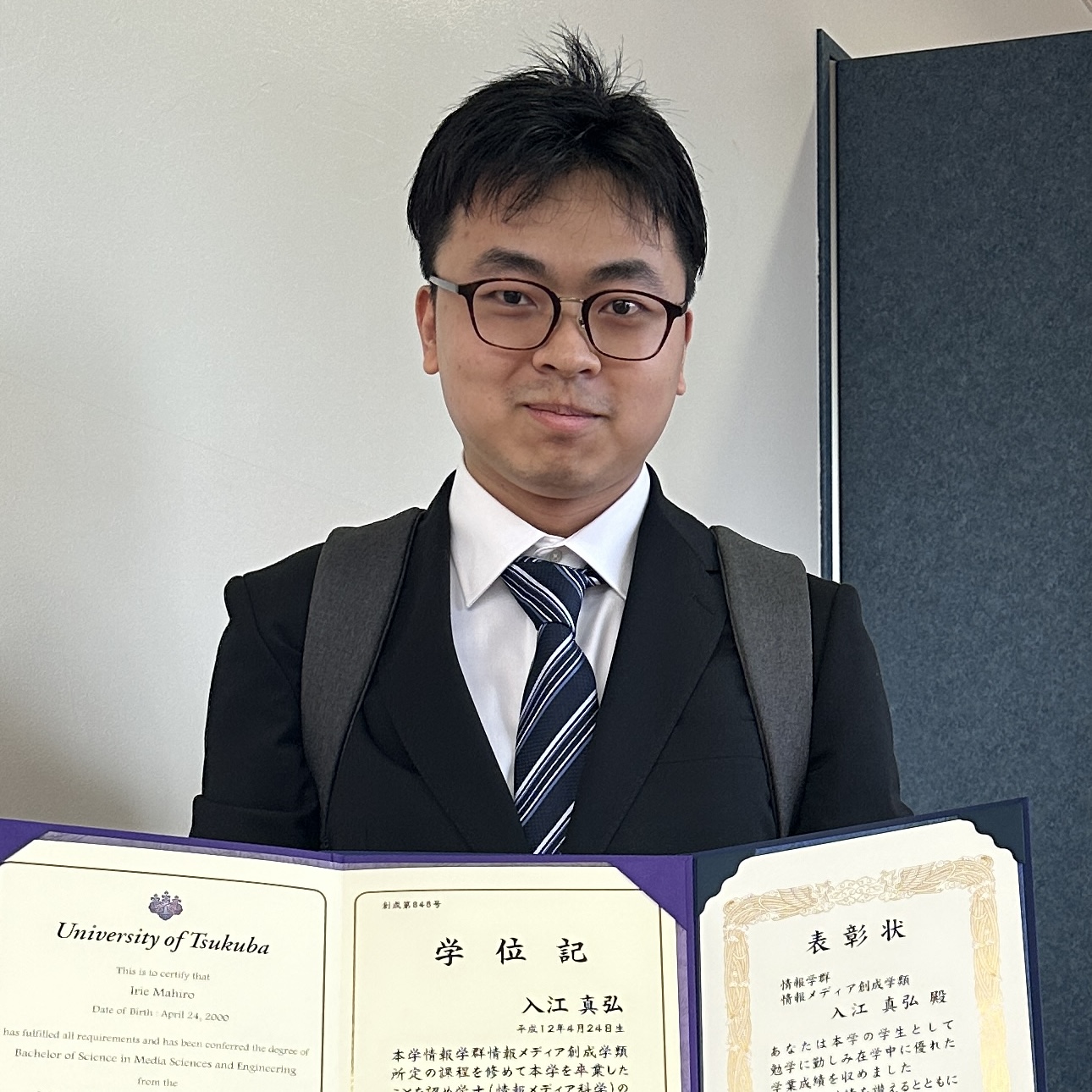Papers : Metadata Quality Solutions
- Starts at
- Wed, Oct 23, 2024, 14:00 EDT
- Finishes at
- Wed, Oct 23, 2024, 15:30 EDT
- Venue
- DSI Seminar room
- Moderator
- Inkyung Choi
Moderator
-

Inkyung Choi
OCLC
Inkyung Choi received her MLIS at Syracuse University and PhD at the University of Wisconsin-Milwaukee. She served as a teaching assistant professor and taught metadata, linked data, information modeling, information organization at the School of Information Sciences at the University of Illinois Urbana-Champaign. She currently serves on DCMI education committee and actively engages with members of metadata community worldwide. Her research interests are knowledge organization, metadata, ontology, and linked data.
Presentations
An LLM Based Method for Domain Specific Mapping of Metadata Terms to a Thesaurus
Authors: Mahiro Irie, Mitsuharu Nagamori
-

Mahiro Irie
Master’s Programs in Informatics, University of Tsukuba
Mahiro Irie is a master candidate student in Information Science and a member of Metadata Laboratory at University of Tsukuba, Japan. He earned a Bachelor of Science in Media Sciences and Engineering, University of Tsukuba, Japan in 2024. His research interests are metadata schema, metadata vocabulary and metadata interoperability.
Synthetic Signal Identification in LLM Datasets
Authors: Jim Hahn
-

Jim Hahn
Penn Libraries
I am the Head of Metadata Research at the University of Pennsylvania Libraries leading linked data and metadata projects and research for the Libraries. Working collaboratively across the Libraries, my work is developing a vision for the services, technologies and policies to enhance discovery of collections, following international standards and best practices for linked data and metadata. I hold an M.S. and C.A.S. in Library and Information Science from University of Illinois and I am a current PhD student in Information Sciences at the University of Illinois.
Leveraging Linked Data Fragments for enhanced data publication: the Share-VDE case study
Authors: Andrea Gazzarini
In big data-driven environments, accessing, querying, and processing vast datasets efficiently is challenging.
Linked Data Fragments (LDF) have emerged as a promising paradigm for addressing these challenges. They provide a distributed and scalable approach for publishing and serving Linked Data.
As part of the Share-VDE initiative, we developed a set of Web APIs that adopt Linked Data Fragments and provide the following benefits: real-time RDF generation and publication, on-demand ontology mapping, and multi-provenance management.
We aim to showcase our implementation efforts in enabling real-time, multi-provenance, and multi-mapping RDF publication by introducing an RDF API layer built upon the innovative concept of Linked Data Fragments.
-

Andrea Gazzarini
SpazioCodice SRL
Andrea has over 20 years of experience in various software engineering areas, from telecommunications to banking. He has worked for several medium- and large-scale companies, such as IBM and Orga Systems.
Andrea has several certifications in the Java programming language (programmer, developer, web component developer, business component developer, and JEE architect), BEA products (build and portal solutions), and Apache Solr (Lucid Apache Solr/Lucene Certified Developer).In 2009, Andrea entered the wonderful world of open-source projects and became a committer for the Apache Qpid project.
His adventure with the search domain began in 2010 when he met Apache Solr and, later, Elasticsearch… and it was love at first sight. Since then, he has been a search engineer in many projects in different fields (bibliographic, e-government, e-commerce, geospatial).
In 2015 he wrote “Apache Solr Essentials”, published by Packt Publishing.
In 2018 he founded his company, SpazioCodice.
Since 2020 he has been the tech lead of the Share-VDE initiative, a library-driven initiative that brings together the bibliographic catalogs and authority files of a community of libraries in a shared discovery environment based on Linked Data.
Metadata Enrichment with Named Entity Recognition using GPT-4
Authors: Ashwin Nair, Ee Min Hoon, Robin Dresel
-

Ashwin Nair
National Library Board
Ashwin Nair is a Manager/Librarian (Systems) at the National Library Board in Singapore, with a strong background in AI, machine learning, and data science. He holds a Bachelor's degree in Information & Communication Technology and has experience in leveraging advanced technologies like GPT-4, graph neural networks, and SPARQL for various library and information management projects. Ashwin has also worked as a Research Assistant in scientometrics at Nanyang Technological University, where he developed predictive models for enhancing interdisciplinary collaborations. His skills span across programming, data analysis, and machine learning, with a particular focus on natural language processing and network science to solve real-world optimization problems.





